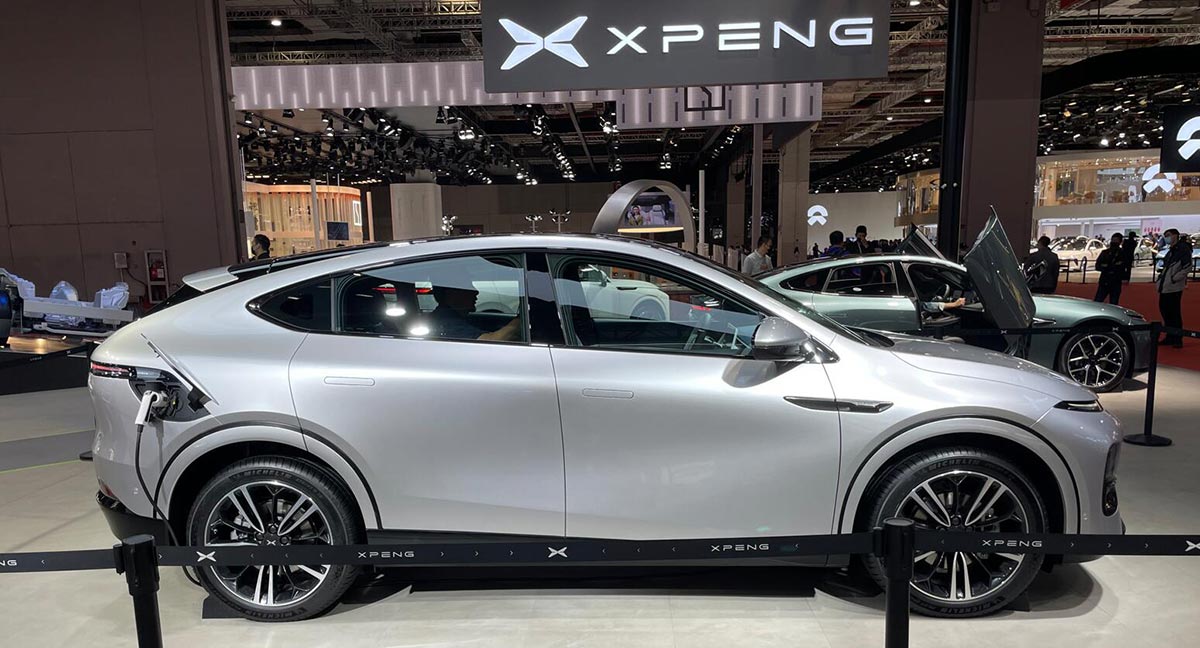Xpeng dilerlarni an'anaviy savdo modeliga o'tish orqali inventarni to'plashga undaydi
Xpeng is reportedly urging dealers to boost their vehicle inventory by purchasing half of their monthly target sales, a deviation from the conventional practice where dealers are required to acquire their entire sales quota upfront. This shift signifies Xpeng’s adoption of a more traditional carmaker’s sales model to enhance production volume.

Historically, traditional automakers follow a wholesale approach, where dealers must acquire vehicles first, leading to an immediate capital return. This model places the capital and inventory risks on the dealerships. Farqli o'laroq, Xpeng, which initially adopted a direct sales model and allowed dealer participation in 2019 without inventory cost obligations, is now altering its approach.
Starting from December, Xpeng mandated dealers to buy vehicles from the company, moving away from the on-demand production model. Despite this change, Xpeng currently requires dealers to purchase only half of their monthly vehicle quota, providing a distinct departure from the conventional practice where full purchases are mandatory.
Upon delivering the initial vehicle portion to customers, dealers are then expected to acquire additional vehicles from Xpeng. The company aims to encourage dealers to increase sales by adjusting its sales policy, reducing base commissions by 1 percentage point while raising incentive commissions by 0.5 percentage points.
Xpeng’s sales target for 2024 is set at 280,000 birliklar, doubling last year’s figure. This shift in approach could guarantee half of Xpeng’s targeted sales if all dealers adhere to the new requirements, promoting a healthier and reasonable inventory.
While Xpeng did not directly deny the reports, it highlighted that the move aligns with the SKU reduction and aims to enable dealers to maintain a balanced inventory for swift market response and delivery. The shift from on-demand production to a more traditional model reflects Xpeng’s evolving strategies in navigating the competitive electric vehicle market.

 Xitoyda avtomobil
Xitoyda avtomobil